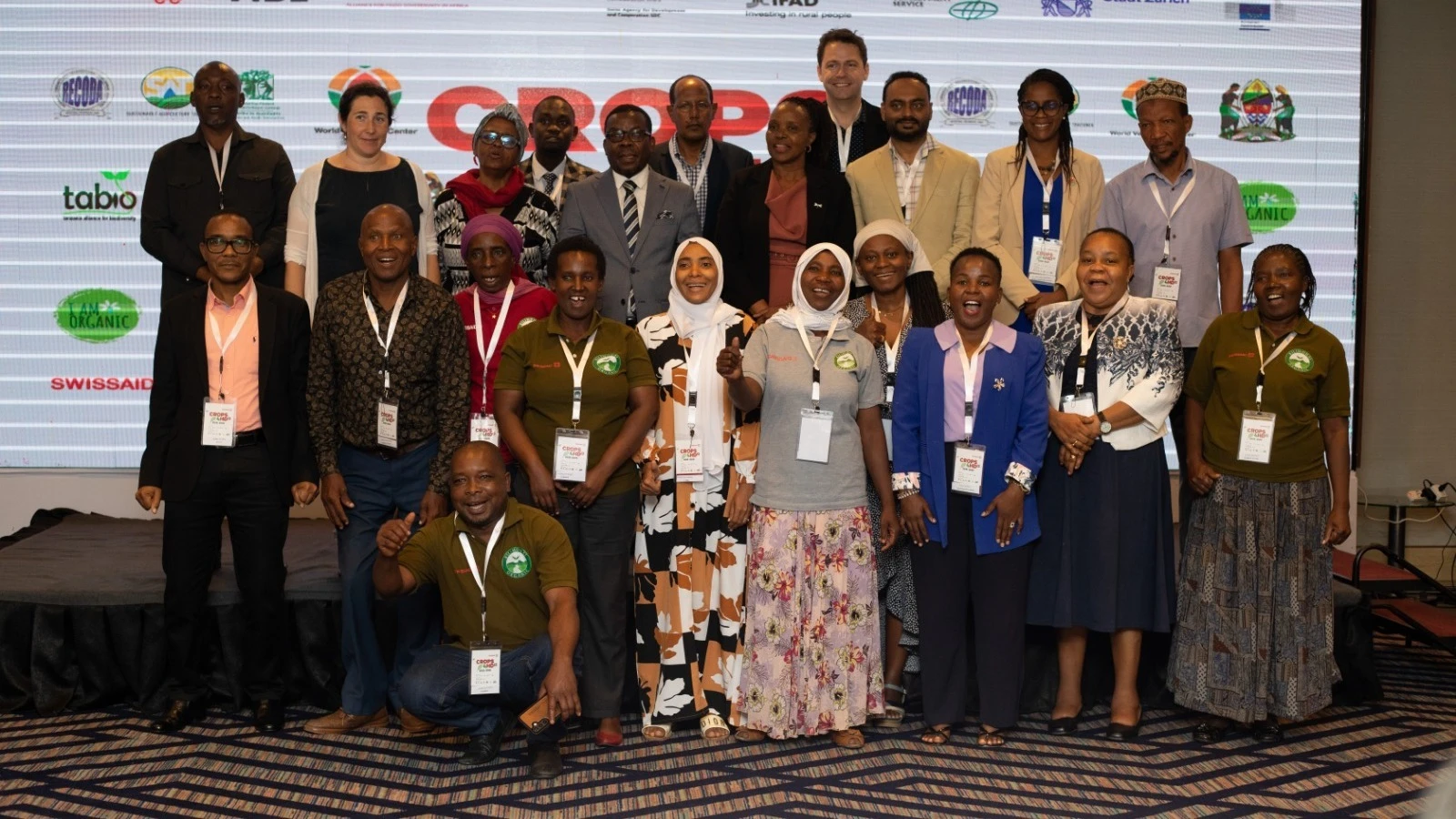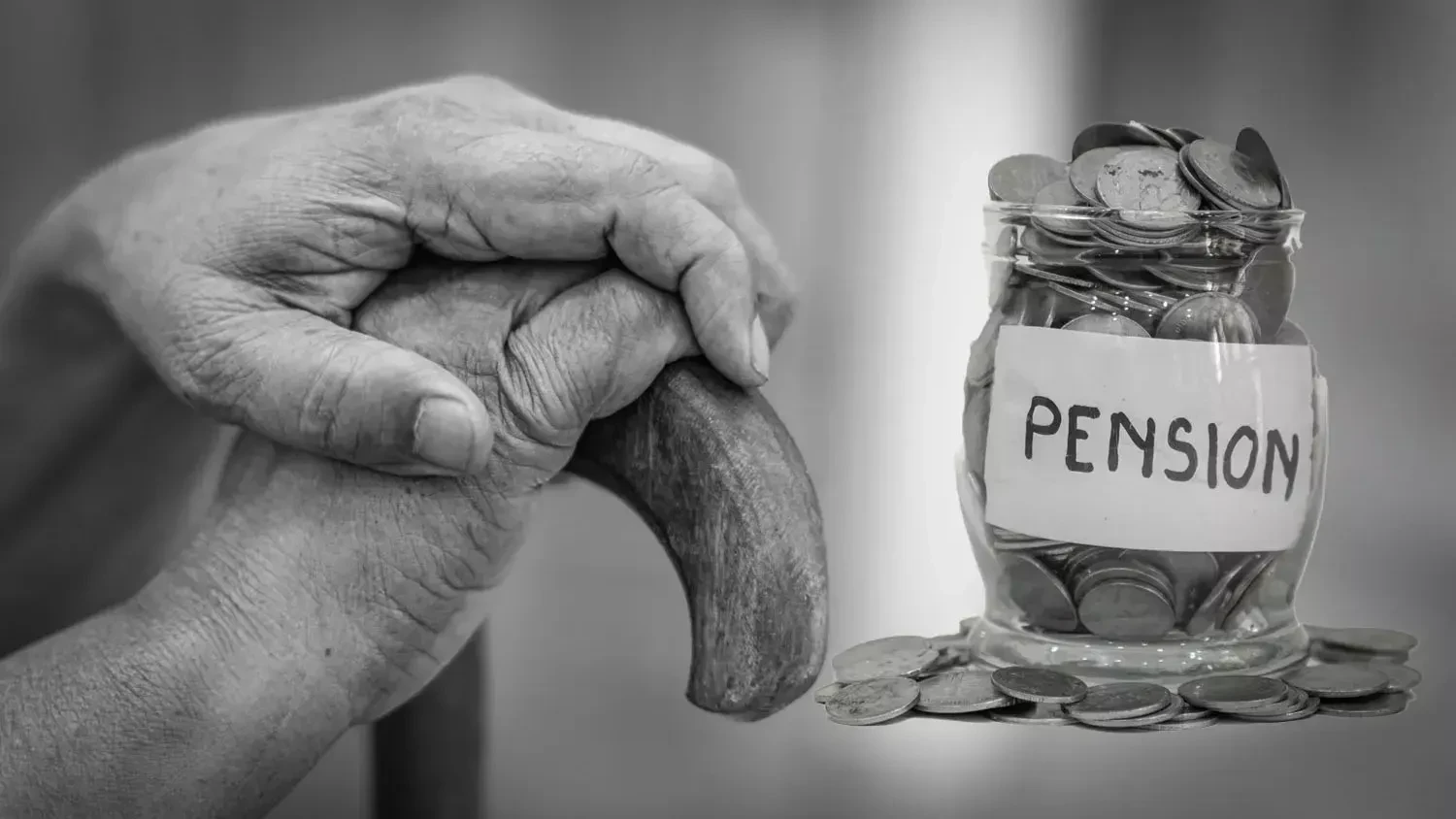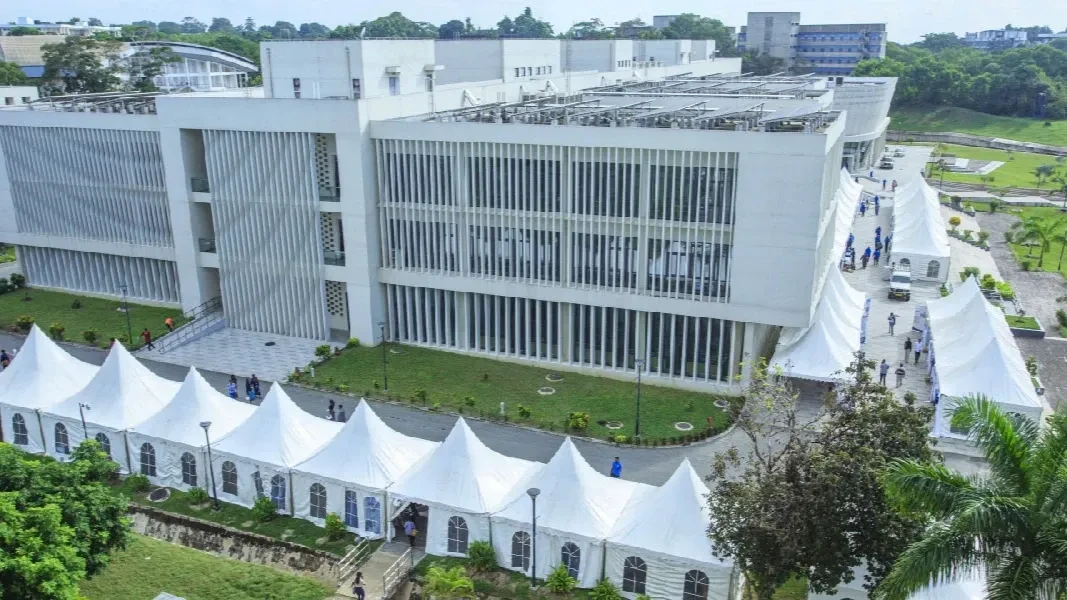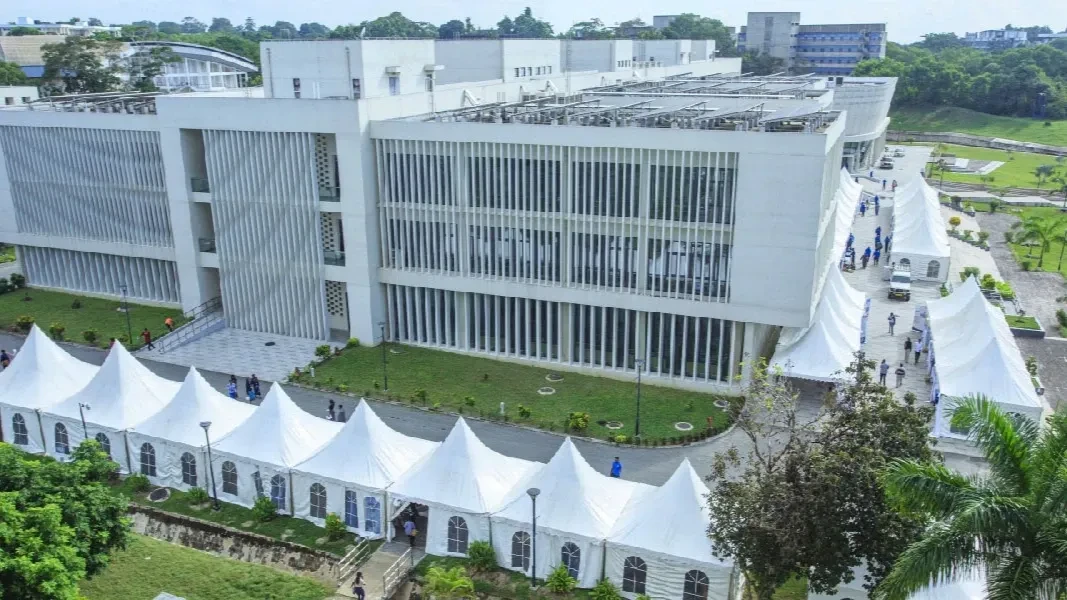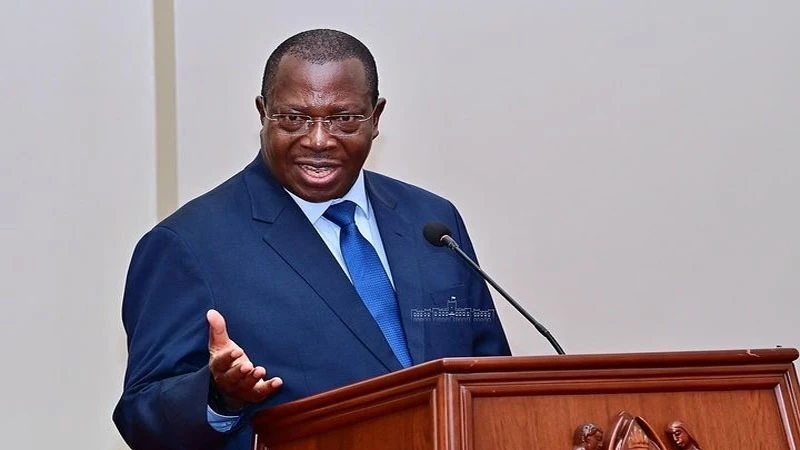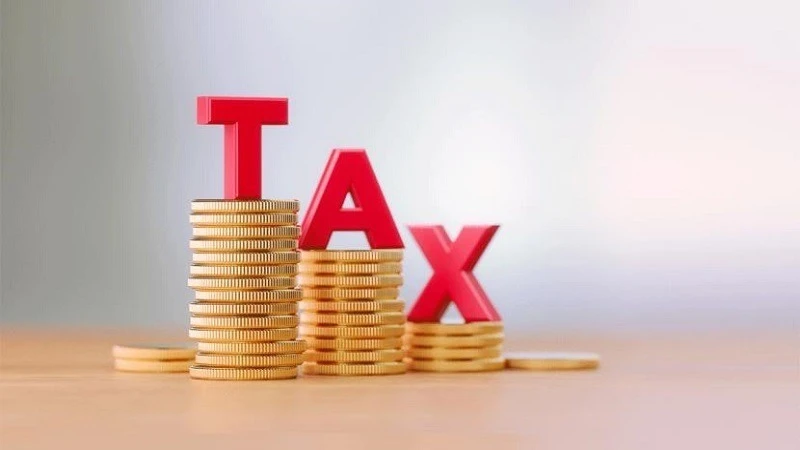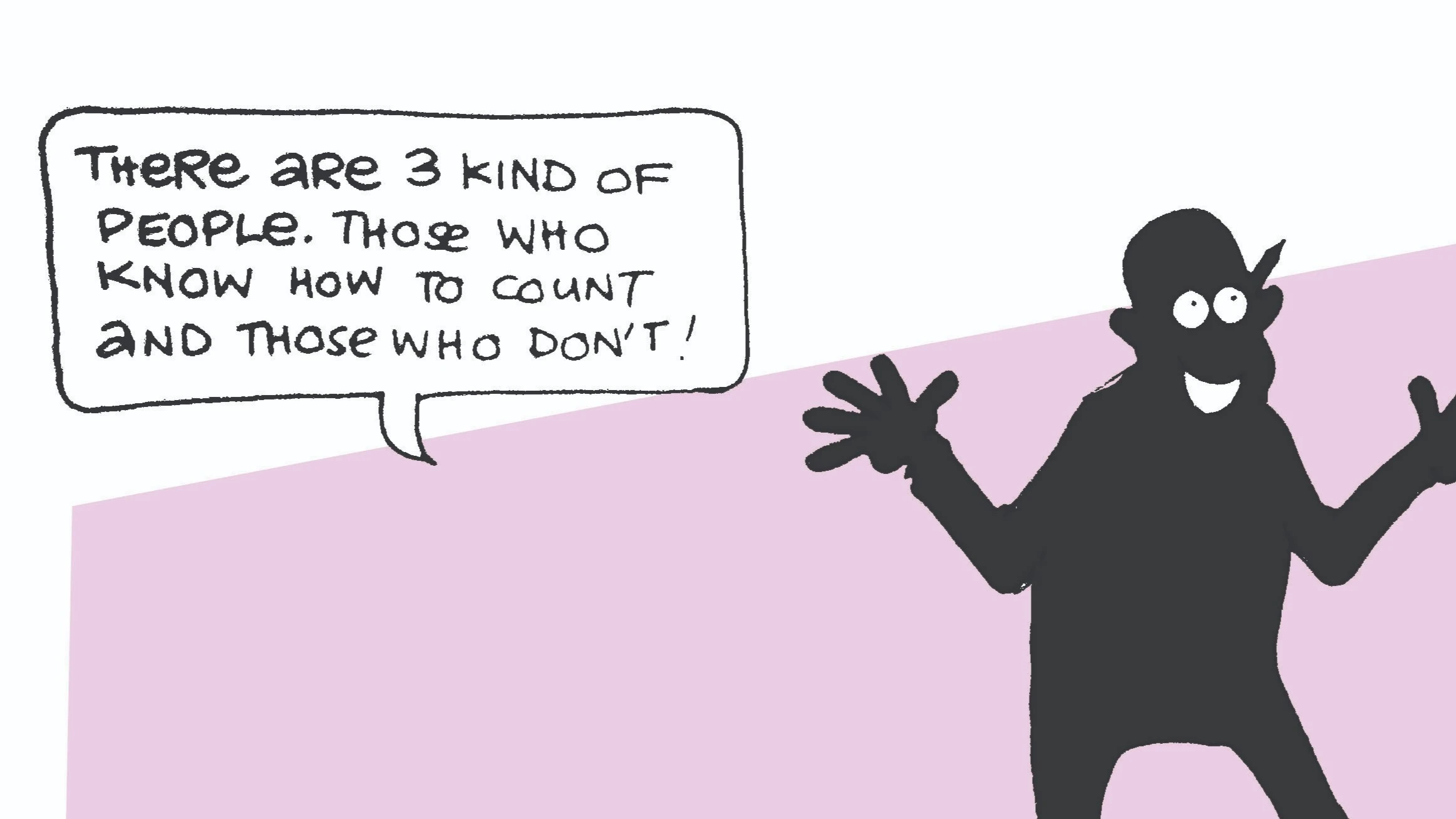Reforms will boost foreign currency new trading assets
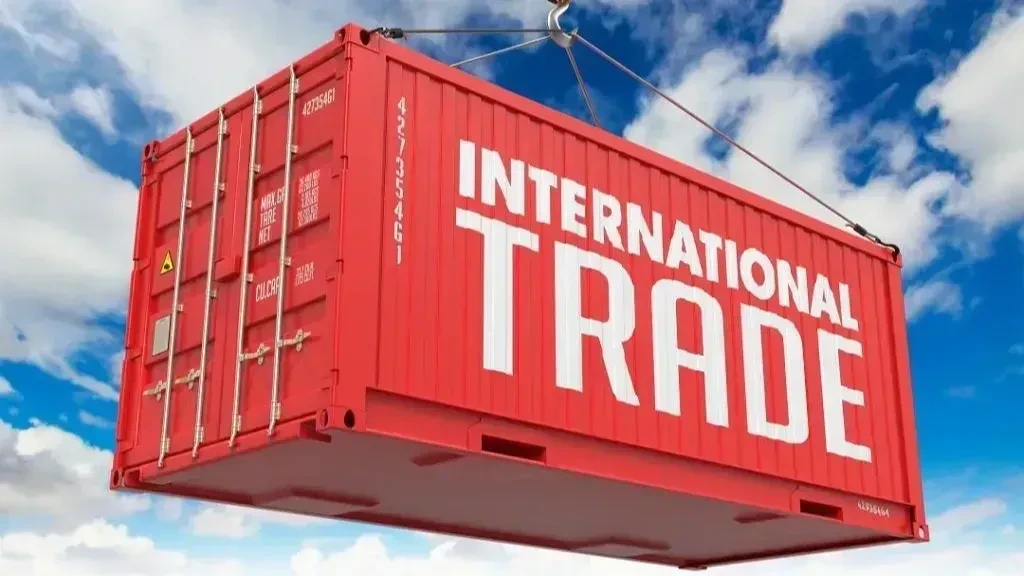
THERE is something new at the Dar es Salaam Stock Exchange (DSE), as an investment trust introduces an iDollar Fund, described as the country’s first dollar-denominated money market fund. It was unveiled by the Capital Markets and Securities Authority (CMSA) at midweek, where the CEO said unveiling the fund was a milestone in the growth and modernization of local capital markets.
It offers investors a secure and efficient way to manage dollar liquidity while earning competitive returns, moving forex trading from simple exchange to stock being traded.
There was already some momentum in that direction in some African countries, where we hear that Kenya, South Africa, Mauritius and Ghana already have such trading products in the money market.
These are USD-denominated investment funds placed before the regulatory agencies for approval, with a view to attracting investors to a diversified range of dollar-denominated fixed-income instruments. These include corporate bonds, fixed deposits and call accounts, bringing a whole new look to DSE.
What was emphasised was the manner in which this diversification introduces a new asset class in the local market, broadening investor choice and attracting foreign currency investments into formal structures. Yet the fact that a trading asset of the sort is in place doesn’t mean it yields instantaneous or even sustained yields, all this depends on the wider movement or financial assets on the one hand. Then there is a wider investment climate setting how fast stock market assets grow, and in what way.
The very idea of a fund intended to provide an opportunity for local investors with dollar holdings is more or less strange phenomenon even within the past ten years here, when the country was still immersed in suspicions arising from being mesmerised by ‘sudden’ wealth.
There has been a change in between, with the tanzanite billionaires towards the end of the past decade, removing the sort of cold shoulder to which large sums of money, locally held, used to elicit. Even recently there was a feeling that doing local transactions in foreign exchange was to sabotage the economy, an offence.
In that case it now appears normal for a stock market executive to introduce a trading asset seeking to mobilise those holding dollar savings, as they may see the use of investing locally rather than seeking opportunities abroad.
Here the competition is vast, if indeed at the local currency market one can gain higher than in fairly distant markets, even with digital tools now in place. It is a signal that the country is now keen to join the financial marketplace, observe its rules hoping to keep its depositors.
In that case familiar notions that we often pay attention to start being understood differently, namely a dollar denominated trading asset as a critical tool for mobilizing foreign currency. There is hence a new environment in which this trade is credited with potential to boost economic stability and strengthen the country’s ability to manage external shocks, the first of which is aid contraction.
After starting to legalise dollar denominated trade funds, it is opportune to open up real economic assets whose shares will in part be denominated by foreign currency, thus stabilising such trading.
Top Headlines
© 2025 IPPMEDIA.COM. ALL RIGHTS RESERVED






